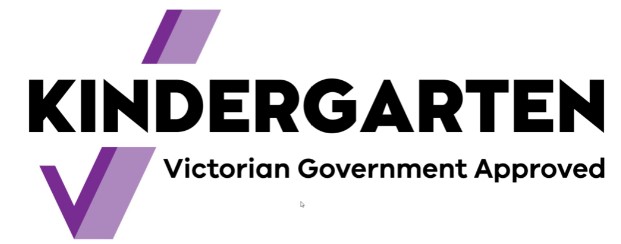What is Intentional Teaching in Early Education?
06 February 2023The term “intentional teaching” is used throughout early childhood education and is considered by educators as an important and useful pedagogical approach for supporting children’s learning and development. To assist children in acquiring skills, mental habits, or information that they are unable to discover on their own, educators then employ intentional teaching strategies. One of the tools our educators use at Gower Street Kindergarten to produce high-quality educational outcomes within our curriculum is intentional teaching strategies. Intentional teaching sessions enable our educators to be deliberate, purposeful, and thoughtful when considering potential learning outcomes and making decisions for the children in our care.
The Role of Intentional Teaching in Childcare
Our educators at Gower Street Kindergarten use teachable moments to scaffold the children’s learning by providing them with worthwhile, challenging experiences that reflect each child’s learning journey. While children are in our care, educators also play a crucial role in supporting their growth and development. We place a high value on the goals and objectives of their learning that will ultimately lead to their chosen path to success by employing intentional teaching strategies for early childhood care. The purpose and intention of each activity and interaction are clearly defined, and the child is encouraged to participate to work on their strengths and weaknesses actively.
What Does Intention Teaching in Early Childhood Education Entail?
Our teachers at Gowers Street Kindergarten use a holistic approach that recognises the interconnectedness of a child’s social, emotional, physical, and cognitive development rather than treating learning as an educational, cognitive process. We utilise intentional teaching sessions to encourage and uphold every child’s personal and social advancement to best set them up for their progress to formal education. The educators in intentional teaching sessions use a variety of strategies, such as modelling, open-ended questions, explaining, shared thinking, and problem-solving as the situation changes. These sessions have investigated various topics, including emotions and self-regulation, positive body image, and self-identity. It also explores topics on positive conflict resolution and understanding and respecting diversity and differences. They explored these issues through educator-led group discussions, creative drawing exercises, literacy resources, and music and movement sessions. The children’s observed thinking and learning are reflected in each experience, which is an extension of the learning.
Importance of Intentional Teaching
Our educators understand that learning takes place in a social context and that the interactions and conversations during these experiences give the children a chance to co-construct their learning and engage in shared thinking, which teaches them the value of respecting other people’s ideas, opinions, and understandings. The intentional teaching method enabled educators to incorporate ongoing processes like red and green choices into early childhood education, where children have helped create and have access to a visual guide to support their behaviour choices in the classroom. This type of teaching method enhances children’s learning potential. Planning and preparing for these sessions create a positive learning experience for children that influences the development of their social, emotional, cognitive, physical, language, and literacy skills.
In conclusion, intentional teaching is a strategy that emphasises getting students actively involved in the learning process and making an effort to remember and internalise information rather than just memorising facts or noting homework assignments. When creating lesson plans and classroom activities, our educators at Gower Street Kindergarten use intentional teaching techniques and keep this perspective in mind. We work hard to foster a learning environment where students feel secure and empowered to pursue their passions. It’s one of the guidelines for creating a positive classroom culture. Check our PROGRAMME and feel free to Contact Us.

